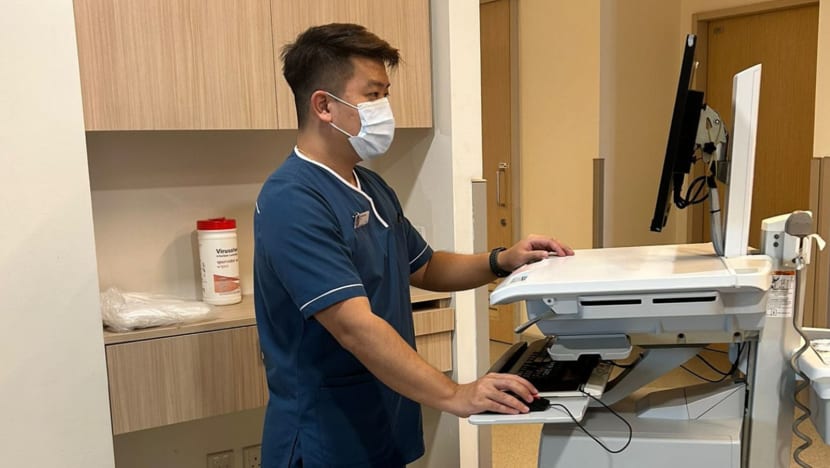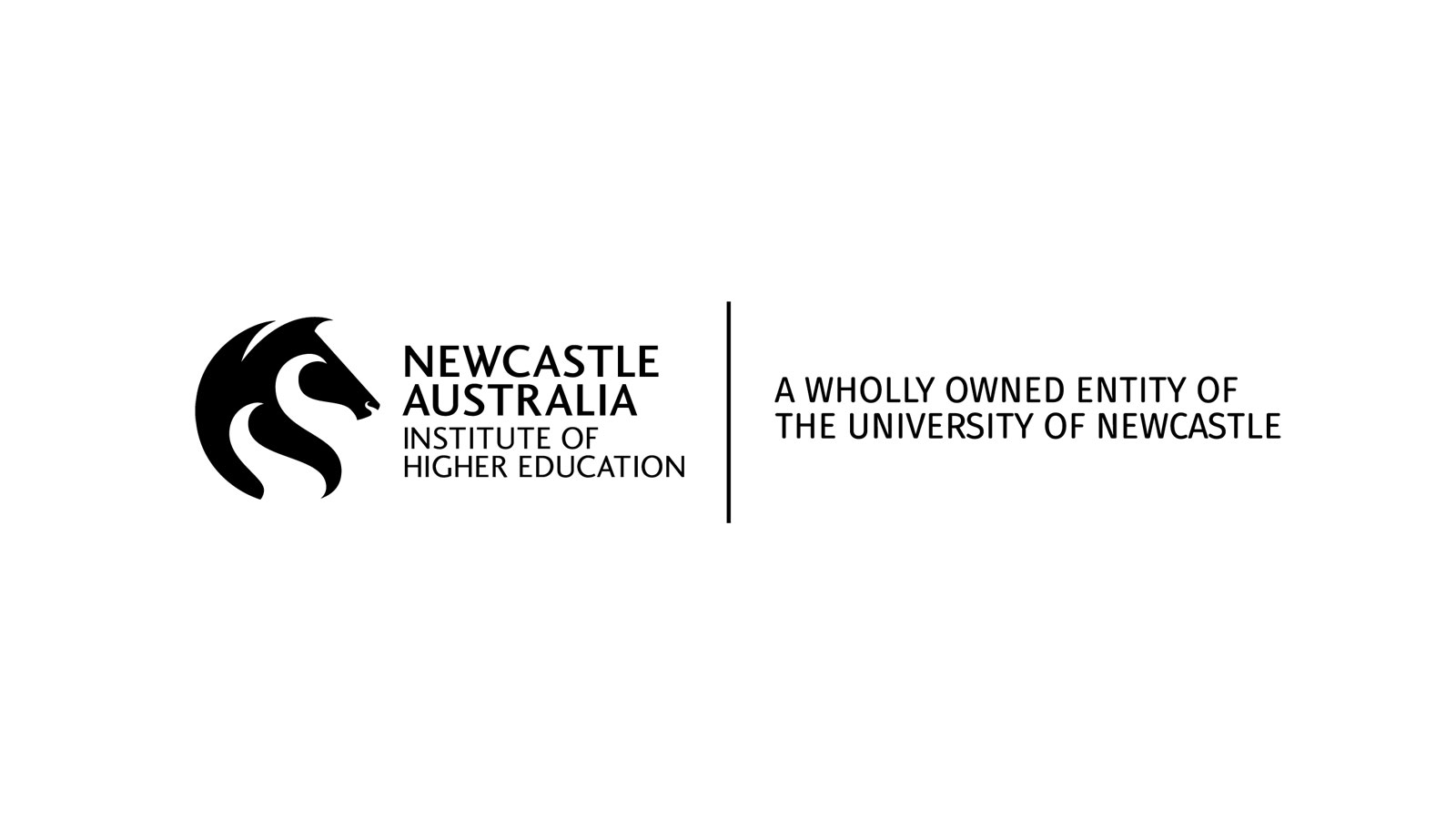Learning to lead: Mastering skills and knowledge for effective organisational management
The Newcastle Australia Institute of Higher Education’s postgraduate qualifications offer invaluable insights and real-world perspectives that empower workplace leaders.

Newcastle Australia Institute of Higher Education provides a blended delivery format, enhancing flexibility in academic scheduling. Photo: Newcastle Australia Institute of Higher Education
In the dynamic landscape of the communications industry, driven by technological advancements and evolving workplace cultures, Mr Jacob Puthenparambil shared that he wants to “be part of the disruption, rather than be disrupted”.
The founder and CEO of global communications agency Redhill holds multiple professional certifications and degrees, on top of being actively engaged in various industry organisations and chambers of commerce. For him, lifelong learning is about keeping up with shifts in global trends. “Also, learning new things is a good way to stay young mentally,” he said.
In 2022, his interest in the rapidly advancing field of business psychology led him to embark on a part-time Master of Business Psychology degree at the Newcastle Australia Institute of Higher Education (Newcastle Australia) in Singapore. Newcastle Australia is the Asia-Pacific hub of the University of Newcastle, Australia, which was ranked in the top 175 universities globally in the 2024 QS World University Rankings.

The Master of Business Psychology degree is awarded by the University of Newcastle, Australia, as are other postgraduate programmes offered by Newcastle Australia, such as the Master of Health Economics, Management and Policy, and the Master of Special and Inclusive Education.
THE FLEXIBILITY TO BALANCE WORK AND STUDIES
Navigating post-graduate studies alongside professional and personal responsibilities at an advanced career stage can pose significant time management challenges. The solution lies in adopting a blended delivery format, which allows for greater flexibility in academic scheduling.
As part of his Master of Business Psychology programme, Mr Puthenparambil has access to online resources such as readings and lecture notes, in addition to recordings and the more traditional elements comprising workshops and academic consultations.
According to Mr Puthenparambil, being able to catch up online enables him to stay on track with coursework even during his business trips abroad, while regular discussions with classmates make it easier to apply insights and materials covered to real-life workplace scenarios.
Another postgraduate student, Mr Wesley See Chuan Lung, enrolled in the part-time Master of Health Economics, Management and Policy at Newcastle Australia in January. He agreed that being able to study online at his own pace while still engaging fellow students through regular face-to-face workshops provides the flexibility he needs to manage workplace responsibilities while pursuing a higher education qualification.
An assistant nurse clinician and chief documentation auditor at Yishun Community Hospital, Mr See is keen to gain deeper insights into the economic and managerial aspects of healthcare so that he can shape and implement healthcare policies more effectively in future.

“Leadership is a significant component of being an assistant nurse clinician,” he explained. “My role incorporates elements of management within a clinical setting, as it involves supervising nursing staff, managing patient care and contributing to administrative decisions. It’s a balancing act between direct patient interaction and backend operations to ensure the hospital runs smoothly.”
GAINING ACADEMIC INSIGHTS WITH REAL-WORLD APPLICATIONS
Mr See’s other role as a chief documentation auditor involves planning and creating audit tools to ensure accurate nursing documentation while also complying with evolving healthcare regulations and policies.
He chose to study at Newcastle Australia due to its prestigious reputation, comprehensive and relevant curriculum, focus on leadership development and commitment to integrating practical experience with theoretical knowledge.
“For example, I was able to collaborate with peers from diverse healthcare backgrounds in analysing a complex case study, which allowed us to apply various theoretical models in a simulated real-world context,” he said. “This deepened my understanding and provided different perspectives on healthcare management.”
Mr Puthenparambil, who found his studies in organisational psychology especially pertinent to his workplace interests, explained that his studies have made him more efficient when it comes to professional decision-making.

“I have become less emotional and more grounded when dealing with people. I used to over-think why someone did something a particular way. Now, I understand that how people react to certain decisions might be based on their own understanding of the situation. So, if I frame a situation with great transparency from my side, people will react differently,” he said.
For his business psychology research project, Mr Puthenparambil – who expects to graduate this year – is investigating the phenomenon of quiet quitting, a social media-driven movement defined by doing only the bare minimum at work.
“I think understanding how Gen Z views work and their relationship to the organisation is important, especially for human-capital-intensive professional services firms like ours,” he explained.
Mr See, who is set to graduate in April 2025, said that the modules on health systems policy and strategic health leadership have resonated most deeply with him so far.
“Understanding policy intricacies and strategic management techniques is crucial for implementing effective healthcare strategies and leading teams towards a common organisational goal,” he shared.

Mr See added that his studies have already yielded tangible results at work, particularly in the areas of policy compliance and data analytics. By leveraging strategic management techniques acquired during his programme, he successfully optimised workflow within his nursing unit, resulting in enhanced efficiency and improved patient satisfaction scores.
“These changes not only benefited our patients, but also the staff’s morale and work satisfaction,” Mr See recounted. “The programme at Newcastle Australia has been instrumental in preparing me to take on challenges by providing knowledge in healthcare economics, policy and leadership that is vital for effective management and organisational development.”
Find out more about postgraduate programmes at the Newcastle Australia Institute of Higher Education.















